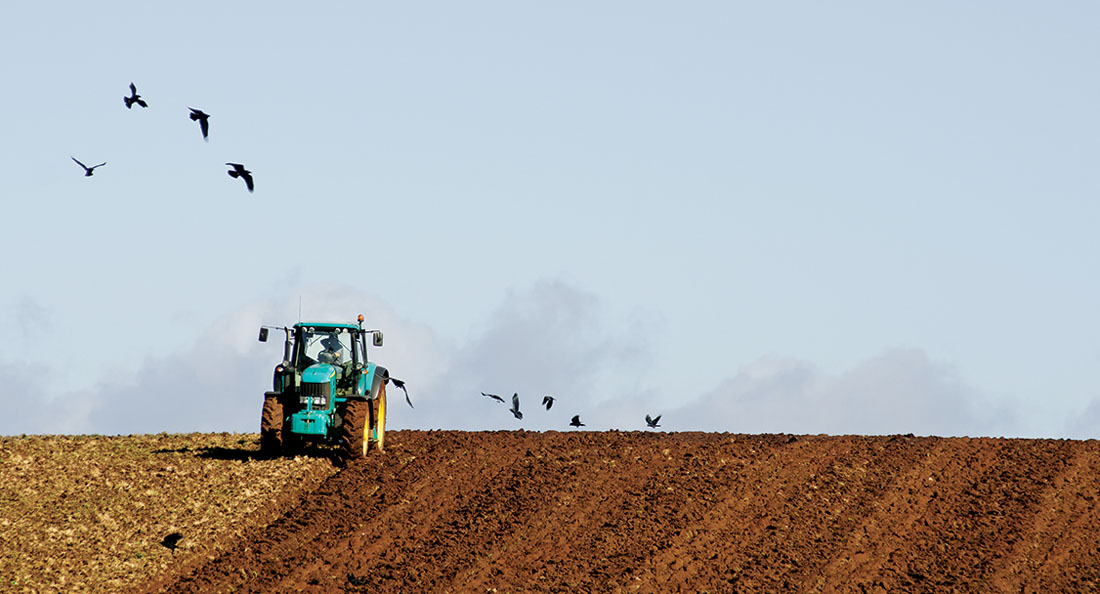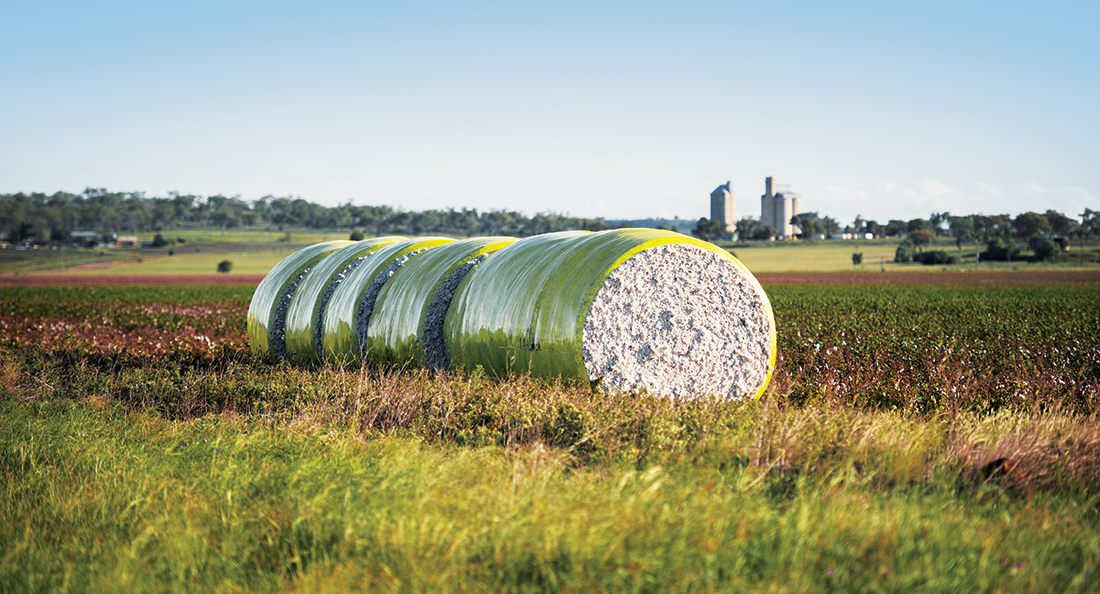When sugar cane first arrived in Australia in 1788, farmers in Port Macquarie struggled to keep it alive long enough to harvest. Almost 75 years later, it was discovered that the crop needed a more tropical climate to thrive, and the first viable plantation was established further north, near Brisbane.
With an annual revenue of nearly $2 billion, sugar is now Australia’s second largest crop export after wheat. The majority of sugar cane is grown in Queensland, on family owned and operated farms. Setts are cultivated for 10 to 18 months, after which they are harvested and sent to a milling facility for the initial stages of processing.
Dion Tomasich, Branch Manager at BSC Cairns, has been working for many years to supply several large sugar milling sites around Queensland with critical parts and servicing. Among other componentry, he says that the NSK Hi-TF Spherical Roller Bearings are extremely popular, especially for axle box units on cane train locomotives. These particular bearings are made for heavy load conditions and operating environment related contamination, offering seven times the service life of generic counterpart products.
“Because a lot of these sugar mills have been around a long time, they will often still have old, generic bearings on a lot of their established machinery,” he explains. “These tend to be more prone to failure, and cost more in the long run due to constant downtime and change-outs.”
“We suggest the NSK Hi-TF to many of these sites due to the excellent material properties of the steel, Dion elaborates. “When combined with the heat treatment, they boast superior wear resistance and can ensure a much longer service life for the equipment. Some sugar mills that we work with have now been using them for years, offering very positive feedback in terms of their performance.”
Catering to the harsh conditions of industrial plants, these Hi-TF products is an upgrade to NSK’s previous TF bearing design. Combining the benefits of expertly refined materials and a new heat treatment process, they can withstand long periods of lubricant contamination and provide a 20 per cent improvement on seizure resistance.
Offering less than half the rate of wear then generic bearing options, the Hi-TF has been designed following comprehensive research and development. According to Dion, NSK’s knowledge on the impact of surface dents renders their expertise highly valuable in an industrial parts market.
“Where bearings are under stress in rugged environments, the lubricating oil or grease can easily become contaminated,” he explains. “Particles like metal, sand, dust or grit can make small dents in the bearing surface, which will inevitably lead to cracking or flaking. The Hi-TF is engineered with a higher level of retained austenite, which undergoes the patented TF heat treatment for optimised strength.”
While austenite itself is a fairly soft material, NSK have developed a unique technique which involves incorporating SAC1 steel to promote the uniform distribution of carbonitride particles. Essentially, the formation of the carbide and carbonitride particles ensures a harder exterior on the bearing, while also retaining the austenite quantity for a uniquely smooth shallow shaped dent that resists edge cracking and flaking.
“These bearings stand up extremely well to peeling, wear, seizure and heat,” says Dion. “Not only have NSK done in-depth testing and research to back their performance, but we’ve seen how they are lasting in the field without any issues.”
“We work closely with NSK and the site engineer teams to ensure the best fit for each application,” he concludes. “I myself speak to many of these customers nearly every day over the phone, and we will often do joint calls or site visits collaboratively to ensure the best outcomes.”




